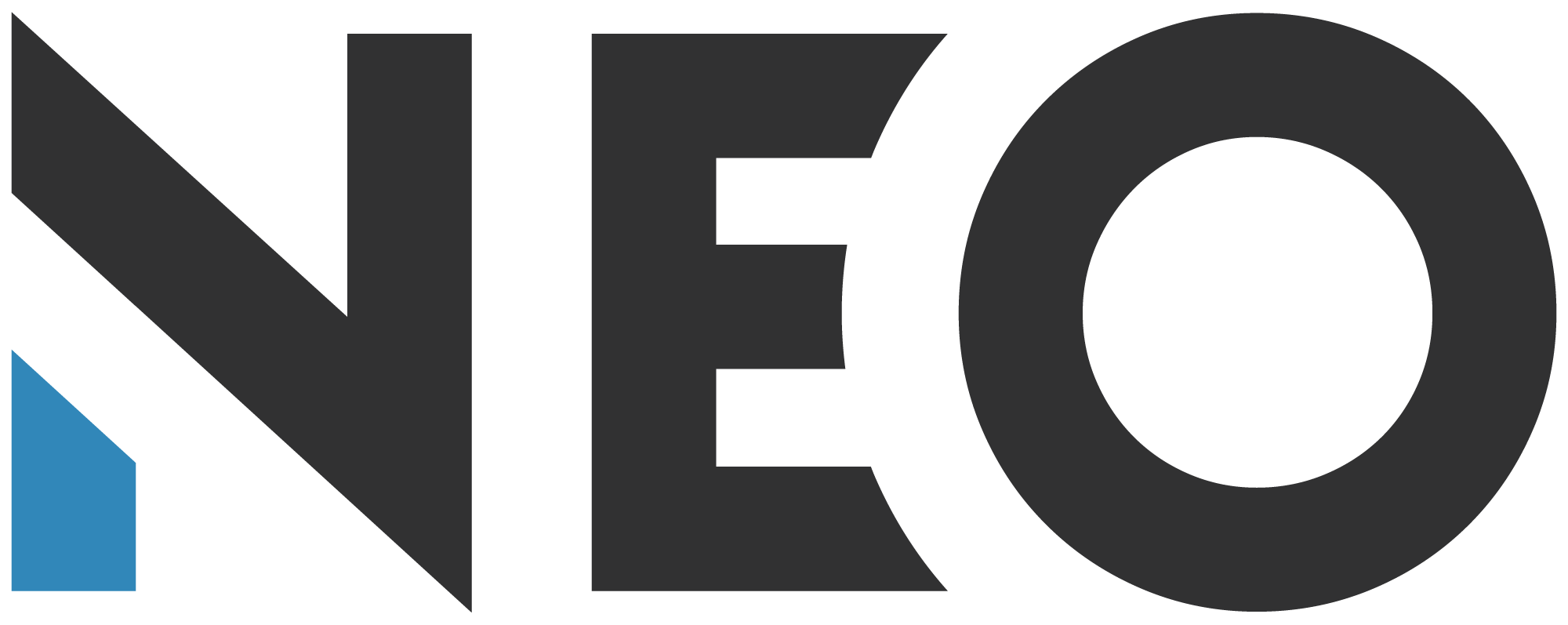
As Europe’s industrial companies attempt to modernize production with sensors and software, Microsoft Corp. is trying to grab a piece of the spending.
The U.S. software giant is launching a new lab in Munich — following openings in Redmond, Washington and Shenzhen, China — for customers investing in the so-called Internet of Things, the idea that everything from refrigerators to industrial robots will be connected to the web. The move follows similar ploys by Cisco Systems Inc. and IBM, who have also picked Germany to locate technology-focused labs.
Munich is home to a number of German corporate giants, including BMW and Siemens AG, while companies including Robert Bosch GmbH, Adidas AG, and a slate of mid-sized manufacturers are outfitting more factories with internet-connected production lines and robots. The global manufacturing sector spent an estimated $178 billion on global IoT last year, according to market researcher IDC.
Industrial companies have been keen to use technology to improve the manufacturing processes, said Peggy Johnson, Microsoft’s executive vice-president of business development. “There is a concern of being left behind if one of their competitors can shorten the process.”
Yet the market for connected machines has been slow to get going. “We know it’s significant,” said Johnson. “It just hasn’t taken off.”
An IDC survey last year of 1,872 companies in Western Europe found that while more than a third were using IoT technologies, more than half of those were only collecting or analyzing data without using it to improve production.
“It’s a work in progress; I’m not going to tell you the industry has solved this,” said Vikas Butaney, vice-president and general manager for IoT connectivity at Cisco, who’s working with Microsoft on its three labs on sponsorships and technology access. “In industry these customers are very cautious.”
One challenge is that for manufacturers, production yields and reliable deliveries are paramount, meaning they’re averse to tinkering with shop-floor networks that are already in place.
According to a survey of 209 IT and telecom companies published this month by the German trade associate Bitkom, 63 percent of respondents see multiple technology standards as a barrier to IoT adoption, and 37 percent cited difficulties integrating existing machines.
For Microsoft, the Munich IoT lab — where customers can fabricate hardware prototypes in addition to writing software — complements 1,900 staffers already in Munich, part of 2,700 people across eight sites. The company last fall brought online two German data centers for its Azure cloud computing services, including IoT tools.
Cyra Richardson, a general manager for business development, is running the Munich, Redmond and Shenzhen labs.
Source: Bloomberg
